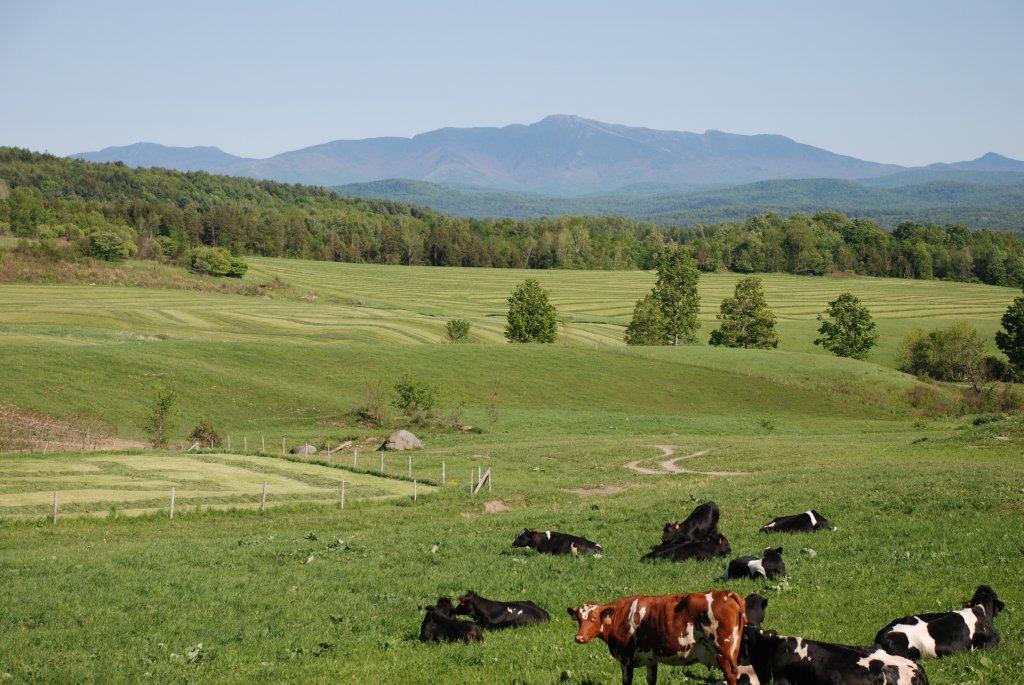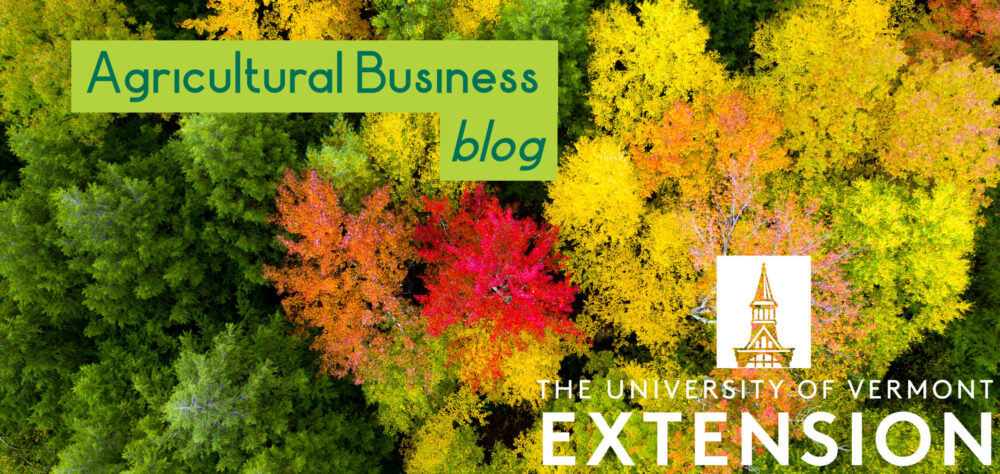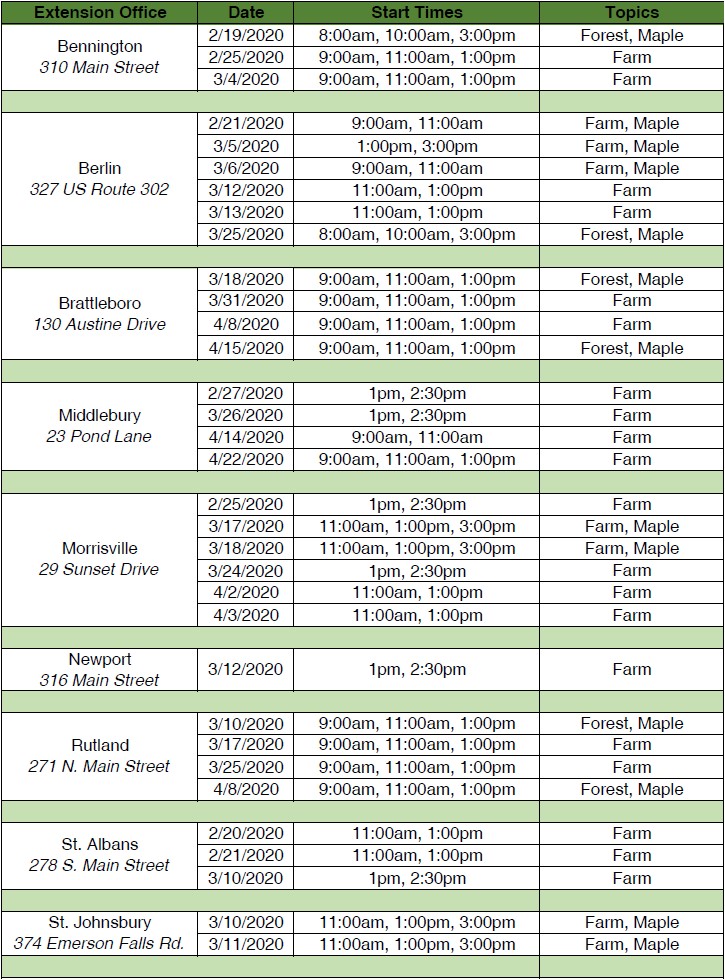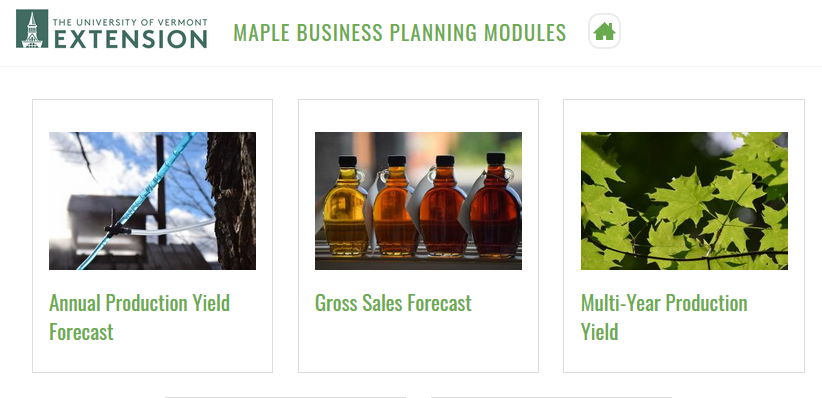The Vermont Agency of Agriculture, Food and Markets has announced it will begin accepting applications the week of August 17th for the new Agriculture and Working Lands Assistance grants program. This program is designed for non-dairy farmers, poultry/livestock producers and farmers’ markets. Applications will be accepted and awarded on a first come-first served basis until October 1st. VAAFM is hosting online informational webinars for applicants and service provider organization supporting the business owner application process this week and next week. See the VAAFM grants webpage to get application and grant information: Agriculture and Working Lands Assistance grants program.
The Vermont Agency of Agriculture, Food and Markets is also offering the Dairy Assistance grants program and the Agricultural Fairs grant program that support enterprises that have prior or ongoing income loss or increased costs due to the Covid-19 economic impact. Both programs have online applications available now.




